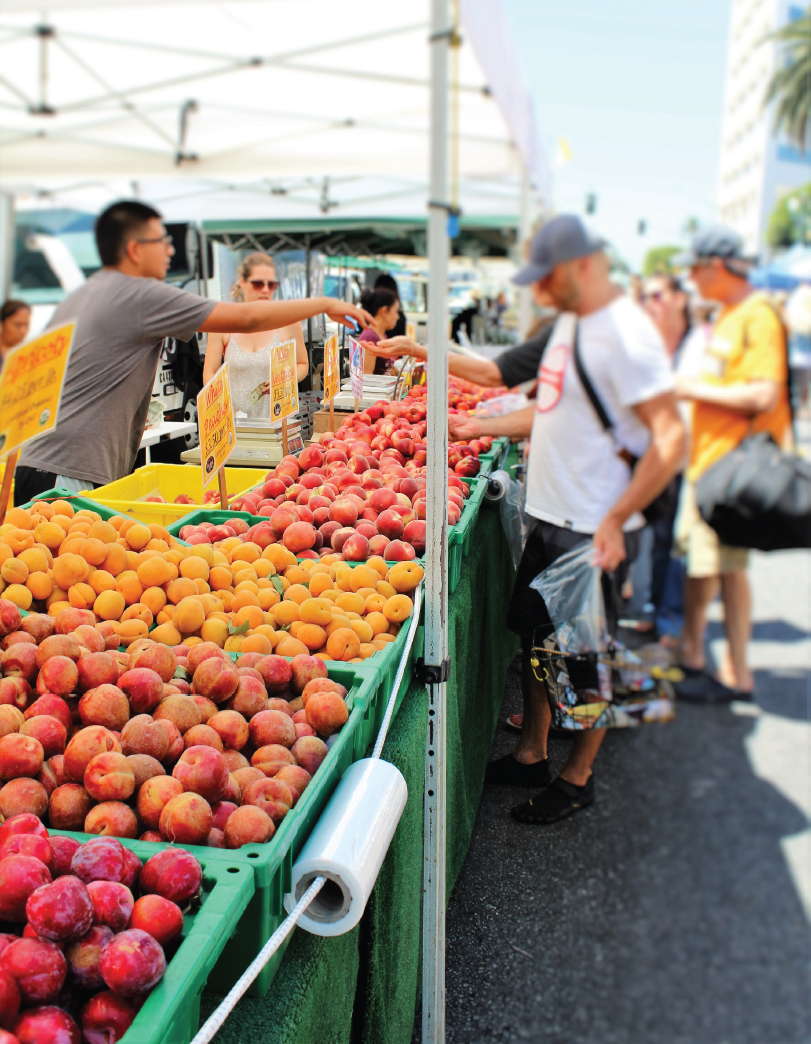
Copyright 2017 by Lei Shishak Photographs on pages by Alan De Herrera All other photographs by Lei Shishak All rights reserved. No part of this book may be reproduced in any manner without the express written consent of the publisher, except in the case of brief excerpts in critical reviews or articles. All inquiries should be addressed to Skyhorse Publishing, 307 West 36th Street, 11th Floor, New York, NY 10018. Skyhorse Publishing books may be purchased in bulk at special discounts for sales promotion, corporate gifts, fund-raising, or educational purposes. Special editions can also be created to specifications. For details, contact the Special Sales Department, Skyhorse Publishing, 307 West 36th Street, 11th Floor, New York, NY 10018 or .
Skyhorse and Skyhorse Publishing are registered trademarks of Skyhorse Publishing, Inc., a Delaware corporation. Visit our website at www.skyhorsepublishing.com. 10 9 8 7 6 5 4 3 2 1 Library of Congress Cataloging-in-Publication Data is available on file. Cover design by Jenny Zemanek Cover photo by Alan De Herrera Print ISBN: 978-1-5107-1692-6 Ebook ISBN: 978-1-5107-1693-3 Printed in China For G.
You had me at Whos the kid? 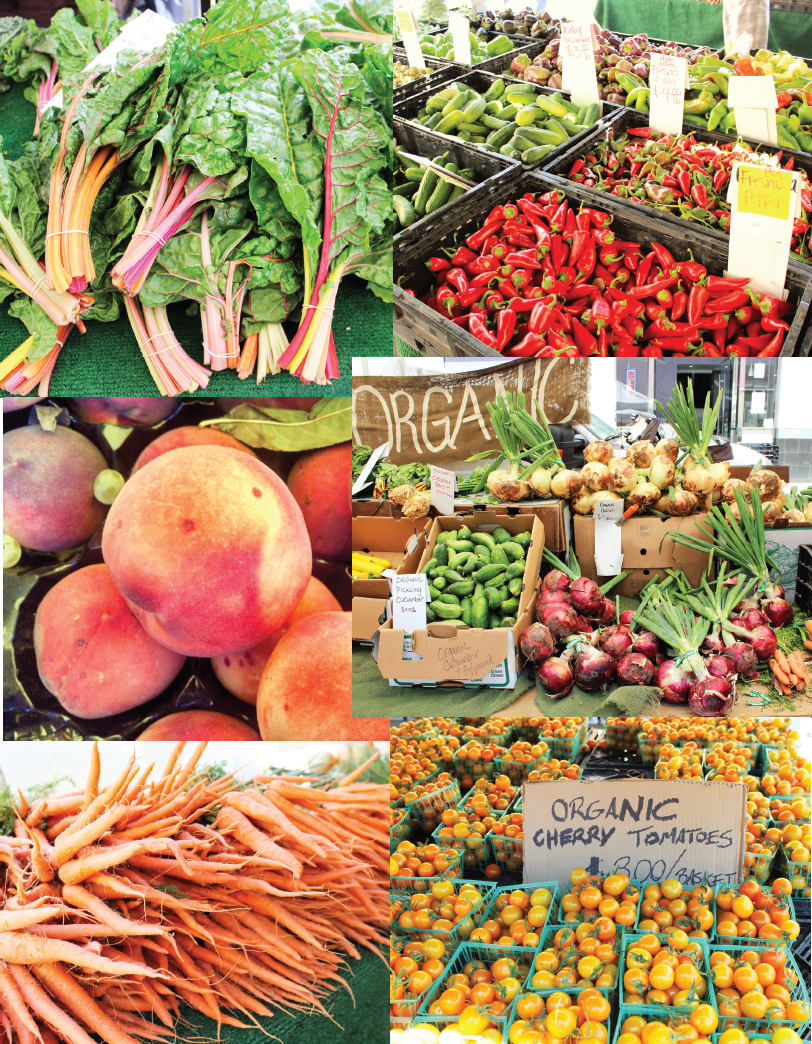 Table of Contents
Table of Contents 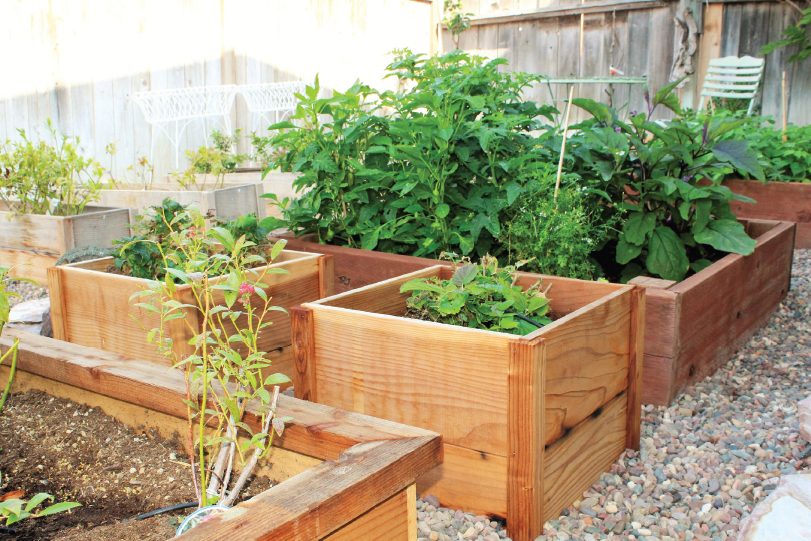 Introduction It is now more important than ever to seek out organically grown, seasonal produce where we live. Too many of our local farms are being trampled on by the heavy foot of large agribusiness conglomerates. When we shop at farmers markets, we support our local economy and invest money back into our community.
Introduction It is now more important than ever to seek out organically grown, seasonal produce where we live. Too many of our local farms are being trampled on by the heavy foot of large agribusiness conglomerates. When we shop at farmers markets, we support our local economy and invest money back into our community.
We put food into our bodies that is healthier, tastier, and packed with essential nutrients specific to the environment near where we live. It is the freshest and most vital produce around. Oftentimes, produce found at farmers markets are literally picked hours before theyre sold. Growing up in rural Pennsylvania, my family and I would visit nearby farms where many farmers had roadside stands with fresh fruit, eggs, produce, and other just-picked items. I was so fortunate to grow up in this environment where fresh produce was readily available. In Farm-to-Table Desserts , I share favorite recipes inspired by my local farmers markets in southern California where I now reside.
Every week I discover whats in season and spend the afternoon turning my finds into mouthwatering, delicious desserts. Creating simple desserts using ingredients at their prime is what I love to do the most, and I hope this book inspires you to do the same. In this book, youll notice the recipes are separated into chapters corresponding to each of the four seasons. Each chapter begins with a list of fruits and vegetables that are in season during those months. Since there are some fruits and vegetables that cross seasons, you will find them listed in multiple chapters. Please also note that these lists are not comprehensive but rather a selection of common produce.
While all the recipes in this book are near and dear to my heart, some of my favorites include Peach Cobbler, White Fig Slab Pie, Sweet Corn Panna Cotta, Strawberry Hand Pies, Ruby Red Grape-fruit Pie, and Blueberry Zeppoles. Buying locally sourced, organic ingredients is a satisfying way to bake that, once started, becomes an easy habit. Before you know it, youll be baking seasonally, locally, and organically all year long.  Why Farmers Markets Lets start with the benefits to us, the consumer, because there are so many. If you have never been to a farmers market, you are missing out on a vast selection of unique produce as well as the plethora of heirloom varieties that exist. We are all familiar with the orange carrots found in grocery stores, but did you know that they come in different shapes and colors ranging from white, yellow, red, to purple? We also know the common Red Delicious, Fuji, and Macintosh apples, but did you know there are over 2,000 varieties in the US alone including the Lady Alice, Aurora, Stayman, and Arkansas Black? Its when you go to your local farmers market that you discover the many different types of fruits and vegetables that are grown where you live.
Why Farmers Markets Lets start with the benefits to us, the consumer, because there are so many. If you have never been to a farmers market, you are missing out on a vast selection of unique produce as well as the plethora of heirloom varieties that exist. We are all familiar with the orange carrots found in grocery stores, but did you know that they come in different shapes and colors ranging from white, yellow, red, to purple? We also know the common Red Delicious, Fuji, and Macintosh apples, but did you know there are over 2,000 varieties in the US alone including the Lady Alice, Aurora, Stayman, and Arkansas Black? Its when you go to your local farmers market that you discover the many different types of fruits and vegetables that are grown where you live.
Farmers markets also give you the opportunity to build relationships with your local farmers by speaking with them directly. You can ask them questions about how their produce is grown and get ideas for the best way to cook and bake with them. Likewise, markets are a great place to meet your neighbors, catch up with friends, and experience a community gathering since markets are the heart of many towns. Lets not forget that shopping at the market is also a great way to get outside and exercise. Bring along your reusable shopping bag and I guarantee that within minutes it will be stuffed with produce, making it a formidable weight that will exercise your arm muscles! The economics of farmers markets directly benefit you as well; shopping at them keeps money in your community and helps to preserve and create local jobs. Your neighborhood will continue to thrive and grow, and the person you hand your money to played a part in making or growing that item.
How awesome is that? Studies show that produce begins to lose its nutritional value soon after it is harvested and continues to decline as time elapses. Lets imagine how long the produce found at grocery stores has been sitting on the shelves since being harvested; likely days, right? On the flipside, produce at farmers markets is at your fingertips within hours of being harvested. Picked at their peak of freshness, they have the highest possible amount of vitamins and minerals. They taste better and are better for you. There is a big push these days to eat organic, non-GMO items, and much of the produce at farmers markets fits the bill. These items are better for you and the environment.
Plus, eating healthier today may end up saving you future health care costs. Likewise, eating seasonally has shown to be a healthier way of life. Since youll only find in-season produce at farmers markets, youll have no problem sticking to a seasonal and healthy diet. Now that we know how we benefit from shopping at farmers markets, lets talk about how the farmers benefit. Mainly, there is a huge financial benefit to farmers by selling directly to you, the customer. food broker) to distribute and sell their produce. food broker) to distribute and sell their produce.
They dont have to utilize refrigeration and storage facilities that can cost a lot of money; rather, they harvest their produce and take their goods straight to the markets. Money comes in directly from the consumer, into their hands, and invested back into their farms and communities. Farmers, like any creative artist, take pride in their work. They want you to experience eating their produce at its peak freshness and taste. So when you buy an apple from a farmer and swoon over how delicious it is, its so much more rewarding for them than handing over their apples to a large distributor. A Little History Most archival sources credit Boston, Massachusetts as being home to the first US farmers market in 1634.




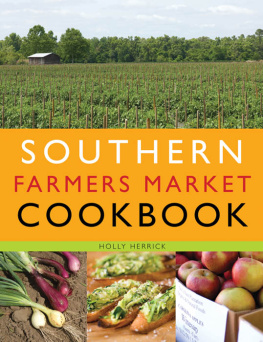
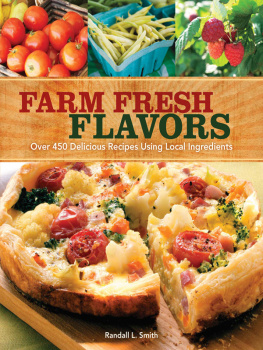

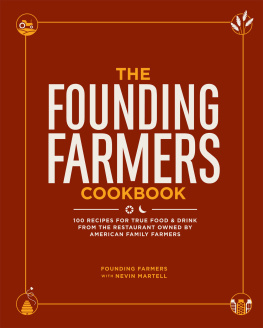



 Table of Contents
Table of Contents  Introduction It is now more important than ever to seek out organically grown, seasonal produce where we live. Too many of our local farms are being trampled on by the heavy foot of large agribusiness conglomerates. When we shop at farmers markets, we support our local economy and invest money back into our community.
Introduction It is now more important than ever to seek out organically grown, seasonal produce where we live. Too many of our local farms are being trampled on by the heavy foot of large agribusiness conglomerates. When we shop at farmers markets, we support our local economy and invest money back into our community. Why Farmers Markets Lets start with the benefits to us, the consumer, because there are so many. If you have never been to a farmers market, you are missing out on a vast selection of unique produce as well as the plethora of heirloom varieties that exist. We are all familiar with the orange carrots found in grocery stores, but did you know that they come in different shapes and colors ranging from white, yellow, red, to purple? We also know the common Red Delicious, Fuji, and Macintosh apples, but did you know there are over 2,000 varieties in the US alone including the Lady Alice, Aurora, Stayman, and Arkansas Black? Its when you go to your local farmers market that you discover the many different types of fruits and vegetables that are grown where you live.
Why Farmers Markets Lets start with the benefits to us, the consumer, because there are so many. If you have never been to a farmers market, you are missing out on a vast selection of unique produce as well as the plethora of heirloom varieties that exist. We are all familiar with the orange carrots found in grocery stores, but did you know that they come in different shapes and colors ranging from white, yellow, red, to purple? We also know the common Red Delicious, Fuji, and Macintosh apples, but did you know there are over 2,000 varieties in the US alone including the Lady Alice, Aurora, Stayman, and Arkansas Black? Its when you go to your local farmers market that you discover the many different types of fruits and vegetables that are grown where you live.